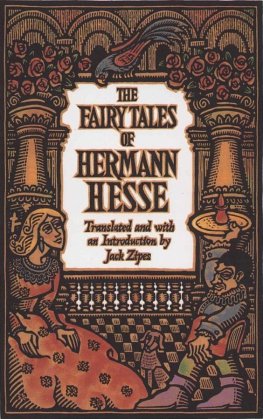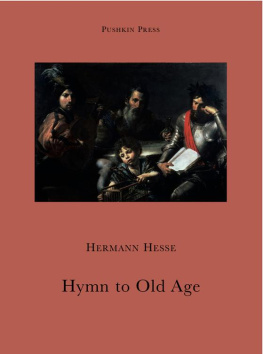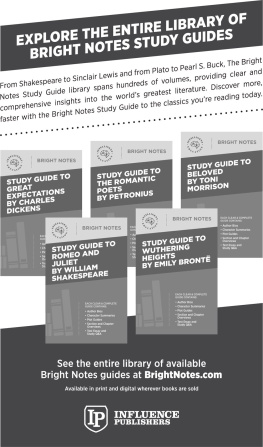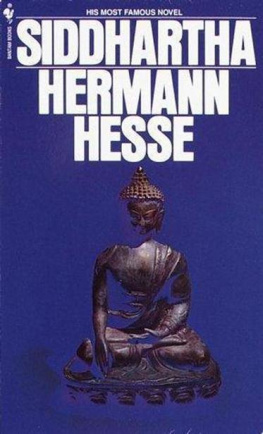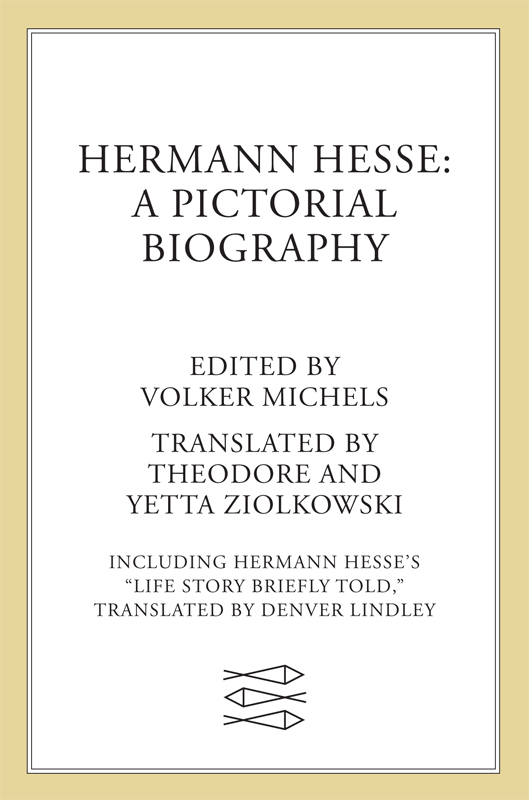
The author and publisher have provided this e-book to you for your personal use only. You may not make this e-book publicly available in any way. Copyright infringement is against the law. If you believe the copy of this e-book you are reading infringes on the authors copyright, please notify the publisher at: us.macmillanusa.com/piracy.
Contents
LIFE STORY BRIEFLY TOLD
I was born toward the end of modern times, shortly before the return of the Middle Ages, with the sign of the Archer on the ascendant and Jupiter in favorable aspect. My birth took place at an early hour of the evening on a warm day in July, and it is the temperature of that hour that I have unconsciously loved and sought throughout my life; when it was lacking I have sorely missed it. I could never live in cold countries and all the voluntary journeys of my life have been directed toward the south. I was the child of pious parents, whom I loved tenderly and would have loved even more tenderly if I had not very early been introduced to the Fourth Commandment. Unfortunately, commandments have always had a disastrous effect on me, however right and well meant they may bethough by nature a lamb and docile as a soap bubble, I have always behaved rebelliously toward commandments of every sort, especially during my youth. All I needed was to hear thou shalt and everything in me rose up and I became obdurate. As can be imagined, this peculiarity had a far-reaching and unfortunate effect during my school years. It is true that our teachers taught us, in that amusing subject called world history, that the world has always been governed, guided, and transformed by men who made their own laws and broke with traditional regulations, and we were told that these men should be revered. But this was just as deceitful as all the rest of our instruction, for when one of us, whether with good or bad intent, summoned up courage to protest against some order or even against some silly custom or way of doing things, he was neither revered nor commended as an example but punished instead, made fun of, and crushed by the teachers dastardly use of their superior power.
Fortunately I had learned even before the beginning of my school years what is most important and valuable in life: I possessed keen, subtle, and finely developed senses which I could rely on and from which I derived great enjoyment, and although later I succumbed irreparably to the enticements of metaphysics and even for a time chastized and neglected my senses, nevertheless a background of tenderly nurtured sensualism, especially in respect to sight and hearing, has always stayed with me and plays a lively part in my intellectual world even when the latter seems abstract. Thus I had provided myself, as I have said, with a certain capacity to meet life long before the beginning of my school years. I knew my way around in the city of my fathers, in the barnyards and in the forests, in the truck gardens and in the workshops of the mechanics; I knew trees, birds, and butterflies, I could sing songs and whistle through my teeth and much else besides that is important for living. To this was now added various sorts of school knowledge, which came easy to me and gave me pleasure; in particular I got real enjoyment from the Latin language and I was writing Latin verses almost as soon as German ones. For the art of lying and of diplomacy I have my second year in school to thank, during which a preceptor and his accomplice afforded me mastery of these accomplishments after I had earlier brought down upon myself in my childish openness and trustfulness one disaster after another. These two educators successfully opened my eyes to the fact that a sense of humor and a love of truth were not qualities they were looking for in pupils. They ascribed to me a misdeed, a quite unimportant one which had occurred in class and of which I was wholly innocent, and since they could not force me to confess that I was the culprit, the trivial matter was turned into an inquisition and the two tortured and beat out of me, not the desired confession, to be sure, but instead all belief in the decency of the teaching profession. In time, thank God, I became acquainted with teachers worthy of respect, but the damage had been done, and my relations not only with schoolmasters but with all authority were distorted and embittered. On the whole I was a good student during my first seven or eight years in school; at any rate I regularly stood among the first in my class. It was not until those battles began which no one who is going to become a person is spared that I came more and more into conflict with the school. Two decades were to pass before I understood those battles; at the time they were simply going on all around me, contrary to my will, and were a great misery.
The thing was this: from my thirteenth year on, it was clear to me that I wanted to be either a poet or nothing at all. To this realization, however, was gradually added a further, painful insight. One could become a teacher, minister, doctor, mechanic, merchant, post-office employee, or a musician, painter, architect; there was a path to every profession in the world, there were prerequisites, a school, a course of instruction for the beginner. Only for the poet there was nothing of the sort! It was permissible and even considered an honor to be a poet; that is, to be successful and famous as a poetunfortunately by that time one was usually dead. But to become a poet was impossible, and to want to become one was ridiculous and shameful, as I very soon found out. I had quickly learned what there was to be learned from the situation: a poet was simply something you were allowed to be but not to become. Further: native poetic talent and interest in poetry were suspect in teachers eyes; you were either distrusted for it or ridiculed, often, indeed, subjected to deadly insults. With the poet it was exactly the same as with the hero, and with all strong, handsome, high-spirited, non-commonplace figures and enterprises: in the past they were magnificent, every school book was filled with their praises; in the present, in real life, people hated them, and presumably teachers were especially selected and trained to prevent as far as possible the rise of magnificent, free human beings and the accomplishment of great and splendid deeds.
Thus I saw between me and my distant goal nothing but abysses yawning; everything was uncertain, everything devoid of value, only one thing remained constant: that I intended to become a poet, whether that turned out to be easy or hard, ridiculous or creditable. The external consequences of this resolveor rather of this fatalitywere as follows.
When I was thirteen years old and this conflict had just begun, my conduct in my parents house as well as in school left so much to be desired that I was banished to a Latin school in another city. A year later I became a pupil in a theological seminary, learned to write the Hebrew alphabet, and was already on the point of grasping what a dagesh forte implicitum is, when suddenly from inside me storms arose that led to flight from the monastery school, punishment by strict imprisonment, and dismissal from the seminary.
Then for a while I struggled to advance my studies at a Gymnasium; however, the lock-up and expulsion were the end there too. After that, for three days I was a merchants apprentice, ran away again, and for several days and nights, to the great distress of my parents, disappeared. For a period of six months I was my fathers assistant, for a year and a half I was an employee in a mechanical workshop and tower-clock factory.


